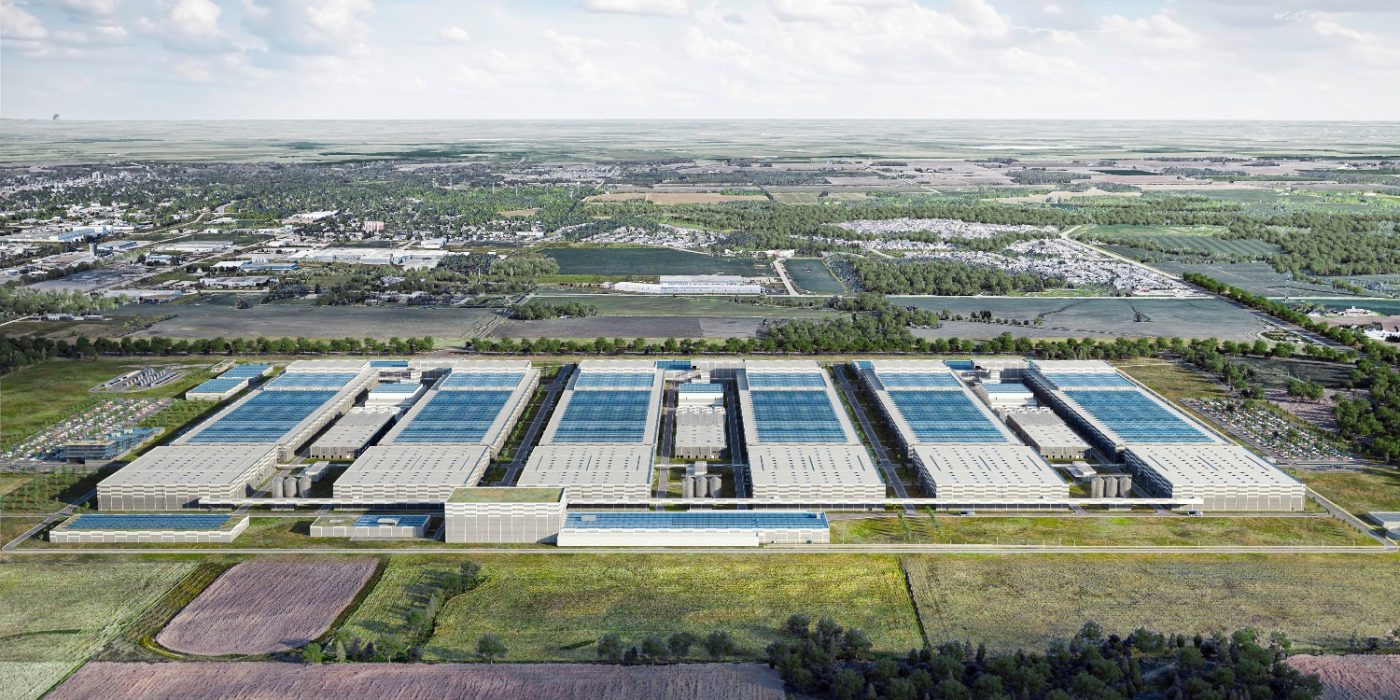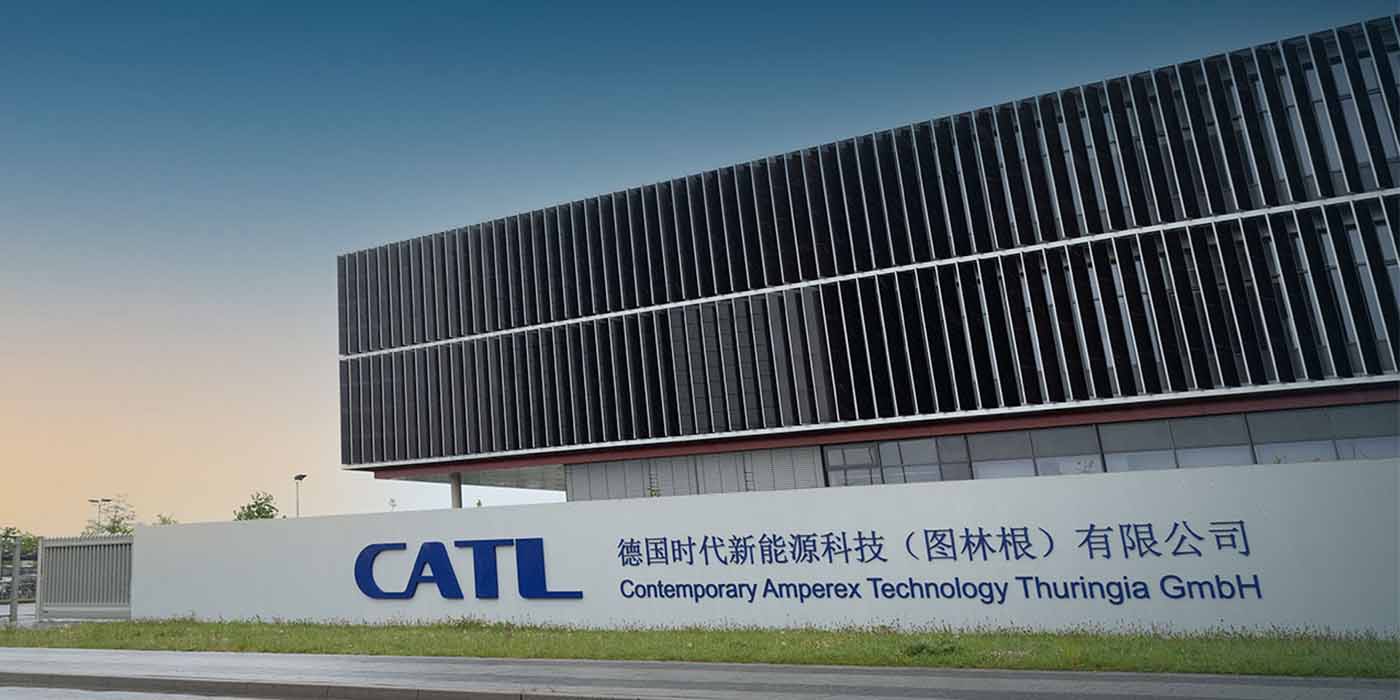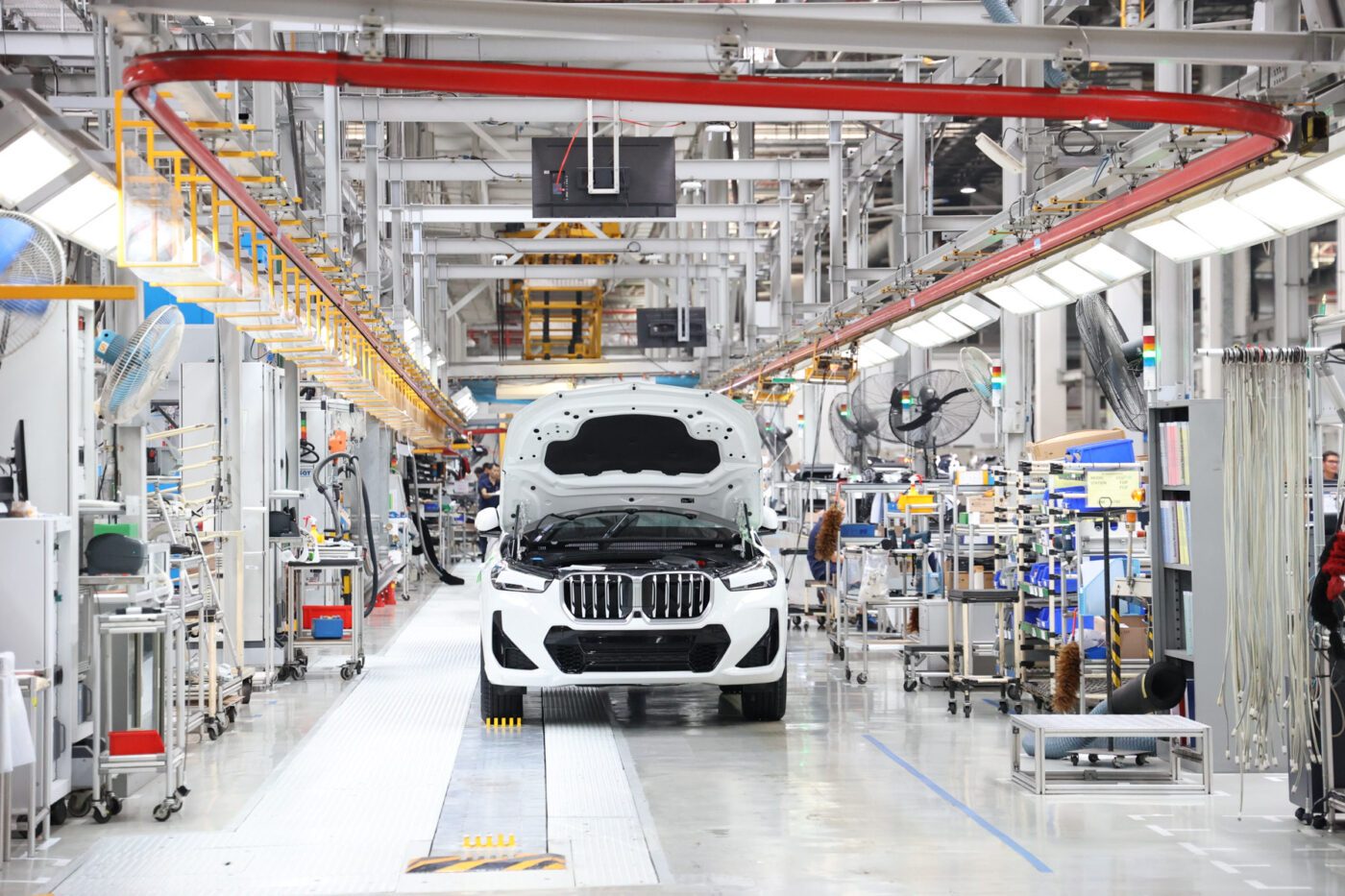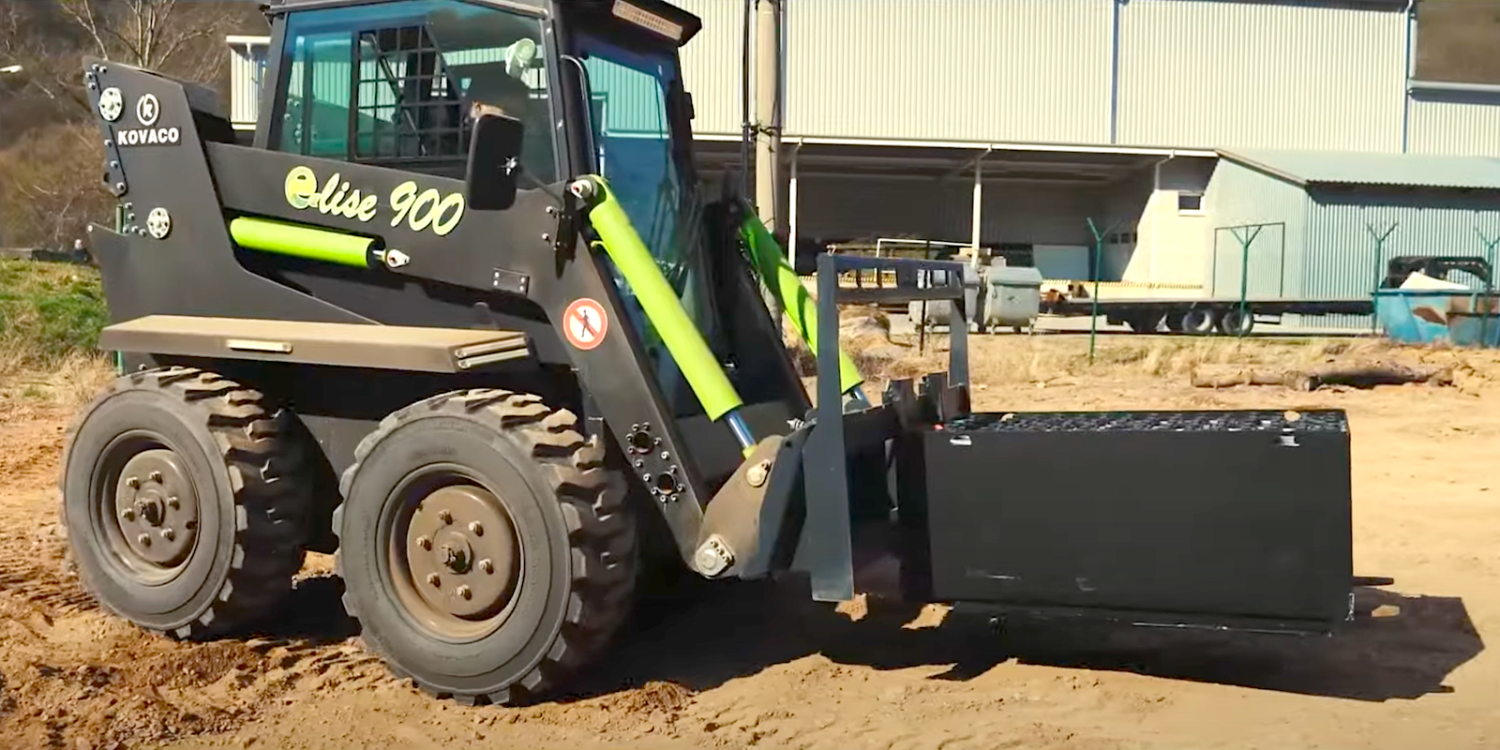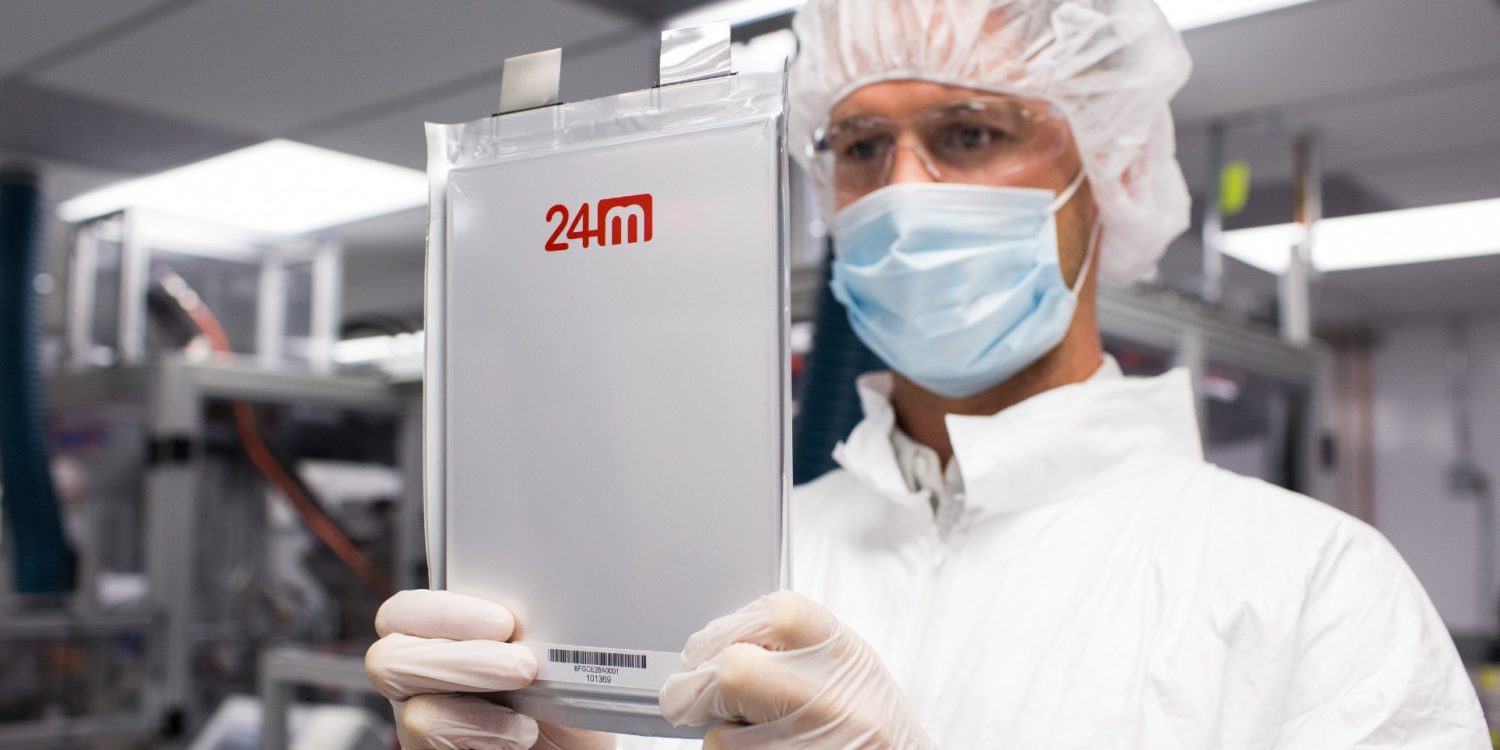Volkswagen’s battery unit, PowerCo, will not consider a stock market listing until its factories are operational and its unified battery cell is in use, according to Thomas Schmall, head of the division, in an interview with Reuters. This effectively rules out the possibility of an IPO before 2026.
Schmall’s comments provide the clearest indication yet of when Europe’s top carmaker may float its battery business on the stock exchange, following the introduction of an outside investor or strategic partnerships with other cell manufacturers.
See also: Volkswagen’s PowerCo Completes Preparations for Battery Cell Factory in Canada
“In a second step, an IPO remains an option for the future. However, this will only become an issue once the factories are up and running and the standardized cell is in use,” Schmall told Reuters.
Volkswagen separated its battery unit in mid-2022, investing 20 billion euros ($21.7 billion) with partners to build plants capable of producing 240 gigawatt hours of capacity by 2030. This move aimed to enhance control of its supply chain and close the gap with Tesla.
The unit, targeting 20 billion euros in sales by the end of the decade, has announced three battery cell factories in Salzgitter, Valencia, and Ontario, scheduled to open in 2025, 2026, and 2027, respectively.
See also: Volkswagen’s PowerCo Seeks Partnerships for EV Battery Ecosystem in Indonesia
It plans to utilize its unified cell, a single cell design available in three different chemistries, in at least 80% of its electric cars from 2025, making 2026 the earliest possible time for meeting Schmall’s conditions for a listing.
PowerCo has refrained from specifying the timing of a potential IPO, stating only that it aimed to have the business investor-ready from 2024.
Schmall also dismissed the idea of another plant in Europe for the time being. “At the moment this is not on the table from both a competitive and cost perspective,” he said.
See also: PowerCo and Umicore Joint Venture to Boost European Battery Production
The enthusiasm in the capital markets for electric vehicles has waned as sales growth slowed and financial losses mounted, with smaller companies such as Polestar and Fisker struggling to gather finances for EV development.

